the world bank and other international financial institutions must uphold human rights in all activities they support the decisions, polici
The World Bank and other International Financial Institutions must
uphold human rights in all activities they support
The decisions, policies and projects promoted by international
financial institutions (IFIs) have significant and often far-reaching
impacts on human rights. While the impacts of these institutions can
be positive - for example, contributing to poverty reduction - too
often the impact is negative, with poor and marginalised individuals
and communities suffering the most negative impacts.1 This is because
these institutions frequently invest in industries, such as energy and
resource extraction and projects, such as large-scale infrastructure
development, associated with environmental damage and human rights
abuses, like forced evictions. Also the projects that they support are
frequently carried out in countries that may face significant
challenges in ensuring the effective protection of human rights.
The organizations submitting this joint statement urge the United
Nations Human Rights Council to increase its focus on the human rights
impact of IFIs, including multilateral development banks, such as the
World Bank.
While the obligation for the protection of human rights lies with the
state, IFIs and their member states also have responsibilities to
ensure that activities they support do not cause, or contribute to,
human rights abuses by putting in place adequate safeguards. Many IFIs
regard human rights as a political issue for states, and refuse to
accept that they have, at a minimum, a responsibility to ensure
respect for human rights in the activities they support. This is
despite the fact that many IFIs are established and controlled by
states, which have legal obligations under international and regional
(and, in many cases, national) law to respect, protect and fulfill
human rights. The UN Committee on Economic, Social and Cultural Rights
has consistently stated that the obligations of states that are
parties to the International Covenant on Economic, Social and Cultural
Rights (ICESCR) extend to state action as part of inter-governmental
organizations, including international financial institutions. In fact
under the UN Charter and other instruments such as the ICESCR, states
have the obligation to act individually and jointly to respect and
defend human rights, including through international cooperation and
assistance.
IFIs are large and powerful organizations, and the harm that can
result from their refusal to meet their human rights responsibilities
can be significant. Support provided without taking into account or
requiring adequate human rights protections can legitimise and foster
violations by states and abuses by non-state actors. This is an issue
that the UN Human Rights Council must not continue to ignore.
All IFIs should implement human rights due diligence measures,
including human rights impact assessments and human rights safeguard
policies, which are consistent with international human rights laws
and standards. Due diligence should inform not only project design,
but also project implementation and evaluation. At the same time, IFIs
and the activities they support should be carefully monitored to
assess their ongoing impact on human rights, as well as the presence
of effective procedures for ensuring accountability for human rights
violations.
The impact of IFIs on human rights is a matter of global concern. In
June 2012, during the Rio+20 Conference on Sustainable Development,
twenty-one special procedures mandate-holders stressed the need to
ensure a unified accountability mechanism at the UN to monitor
progress in achieving the sustainable development goals from a human
rights viewpoint.2 Subsequently, in April 2013, four special
procedures mandate-holders asked the World Bank to adopt human rights
standards within the review of its Environmental and Social Safeguard
Policies.3 Most recently, in June 2013, the Vienna+20 Conference on
Human Rights called upon the UN and its stakeholders to address the
responsibility of international intergovernmental organizations
engaged in human rights violations.4
Consequently, we are now urging the Human Rights Council to take
concerted and expeditious action to elaborate and reinforce the human
rights responsibilities of IFIs. While the role of IFIs has been
addressed, to a limited degree, in international documents such as the
Millennium Declaration, the Declaration on the Right to Development
and the Declaration on the Rights of Indigenous Peoples, greater focus
and clarity is required to ensure that IFIs respect and protect human
rights in their operations and are held accountable when they fail to
do so..
Important work, which can contribute to clarifying the human rights
responsibilities of the World Bank and other multilateral development
banks, has already been completed. For instance, the 2011 UN
International Law Commission’s “Draft Articles on Responsibility of
International Organizations” confirms that intergovernmental
organizations, such as IFIs, are subjects of international law, and as
such they have international law obligations that they must comply
with.5 The Draft Articles also point out the international
responsibility of both the organizations and the member states
concerned.6
In addition, the 2012 “Maastricht Principles on Extraterritorial
Obligations of States in the area of Economic, Social and Cultural
Rights” articulate the human rights obligations of states when acting
jointly through an intergovernmental organization,7 as in the case of
IFIs. These Principles have been endorsed by many international law
experts, including current and former members of UN human rights
treaty bodies, regional human rights bodies, and former and current
independent experts of the UN Human Rights Council.8
It is important that the Human Rights Council’s authority be brought
to bear on these issues. The current global discourse around the
post-2015 development goals offers an important opportunity to ensure
that global governance and sustainable development increasingly
incorporate a human rights law perspective. Post-2015 development
goals must also take into account the human rights responsibilities of
IFIs given their significant impact on development and potential for
addressing poverty concerns. Accordingly, we urge that a panel
discussion on this issue be held at a future session of the Council.
The focus of the panel should be the connection between IFIs’
activities and their responsibility to ensure that human rights are
respected and protected, and the options available to states and to
the Human Rights Council to address violations. The objective would be
to facilitate constructive dialogue on these issues.
1 Example: Serbia Gazela and Sava Bridges projects in Serbia. Both
projects funded by the European Investment Bank and the European Bank
for Reconstruction and Development
Sources. Serbia: Home is more than a roof over your head: Roma denied
adequate housing in Serbia
http://www.amnesty.org/en/library/info/EUR70/001/2011/en
Example: Chixoy Hydroelectric Power Project in Guatemala funded by the
World Bank and the Inter-American Development Bank
Sources: Inter-American Court of Human Rights’ ruling in the Rio Negro
Massacre (http://www.corteidh.or.cr/docs/casos/articulos/seriec_250_ing.pdf)
& Report assessing project impacts acknowledged by the banks (http://adivima.org.gt/archivos/Informe%20de%20identificacion%20y%20verificacion%20%20aprobado%20-final-.pdf)
See also, Human Rights Watch, “Abuse-Free Development: How the World
Bank Should Safeguard Against Human Rights Violations”
2 If Rio+20 Is To Deliver, Accountability Must Be At Its Heart, Open
Letter from Special Procedures mandate-holders to
States negotiating the Outcome Document of the Rio+20 Summit (June
2012),
http://www.ohchr.org/EN/HRBodies/SP/Pages/OpenLetterRio20.aspx.
3 UN Experts Urge World Bank to Adopt Human Rights Standards on the
Eve of Gathering in Washington, Geneva, April 18, 2013,
http://www.ohchr.org/EN/NewsEvents/Pages/DisplayNews.aspx?NewsID=13248&LangID=E.
4 See Vienna +20: Advancing the Protection of Human Rights outcome
document (available at
http://www.cesr.org/downloads/Vienna20%20Outcome%20Document.pdf )
Recommendations on The Rule of Law: The Right to an Effective Remedy
for Victims of Human Rights Violations (a) Within the UN system at p.3
5 U.N. Int’ L. Comm., 2011 Draft Articles on the Responsibility of
International Organizations, U.N. Doc. A/66/10 (2011).
6 Ibid., Art. 1(1) (asserting that the “articles apply to the
international responsibility of an international organization for an
internationally wrongful act”). Art. 1(2) (stating that the articles
“also apply to the international responsibility of a State for an
internationally wrongful act in connection with the conduct of an
international organization”).
7 Maastricht Principles on Extraterritorial Obligations of States in
the area of Economic, Social and Cultural Rights (Febr. 29, 2012),
http://www.fian.org/fileadmin/media/publications/2012.02.29_-_Maastricht_Principles_on_Extraterritorial_Obligations.pdf
8 Indian Law Resource Center, Principles of International Law for
REDD+: The Rights of Indigenous Peoples and the Legal
Obligations of REDD+ Actors (May 2012),
http://www.indianlaw.org/sites/default/files/Indian%20Law%20Resource%20Center_REDD+%20Principles.pdf.
Page 3 of 3
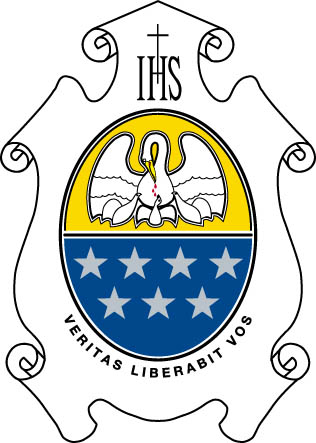 UNIVERSIDAD CATÓLICA DE CÓRDOBA FACULTAD DE EDUCACIÓN CENTRO
UNIVERSIDAD CATÓLICA DE CÓRDOBA FACULTAD DE EDUCACIÓN CENTRO OKRESNÍ HOSPODÁŘSKÁ KOMORA V PROSTĚJOVĚ VE SPOLUPRÁCI S KRAJSKOU
OKRESNÍ HOSPODÁŘSKÁ KOMORA V PROSTĚJOVĚ VE SPOLUPRÁCI S KRAJSKOU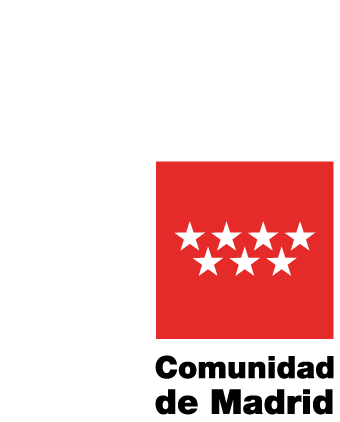 D IRECCIÓN GENERAL DE SERVICIOS SOCIALES E INNOVACIÓN SOCIAL
D IRECCIÓN GENERAL DE SERVICIOS SOCIALES E INNOVACIÓN SOCIAL BADAN PENGEMBANGAN DAN PEMBERDAYAAN SUMBER DAYA MANUSIA KESEHATAN POLITEKNIK
BADAN PENGEMBANGAN DAN PEMBERDAYAAN SUMBER DAYA MANUSIA KESEHATAN POLITEKNIK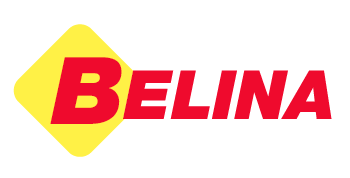 UPUTE ZA IZRADU I DOSTAVU GRAFIČKE PRIPREME DOSTAVA PRIPREME
UPUTE ZA IZRADU I DOSTAVU GRAFIČKE PRIPREME DOSTAVA PRIPREME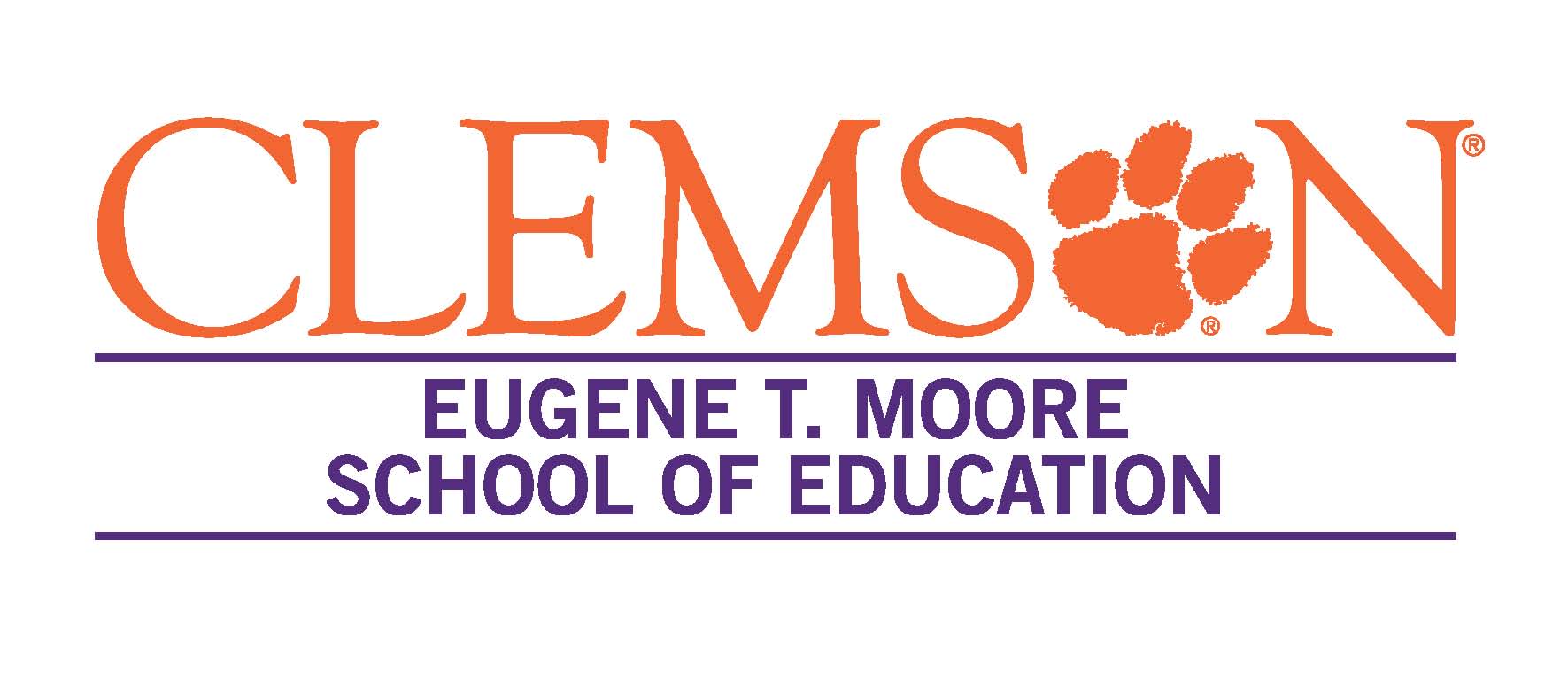 FACULTY OF LEADERSHIP COUNSELOR EDUCATION HUMAN AND ORGANIZATIONAL DEVELOPMENT
FACULTY OF LEADERSHIP COUNSELOR EDUCATION HUMAN AND ORGANIZATIONAL DEVELOPMENT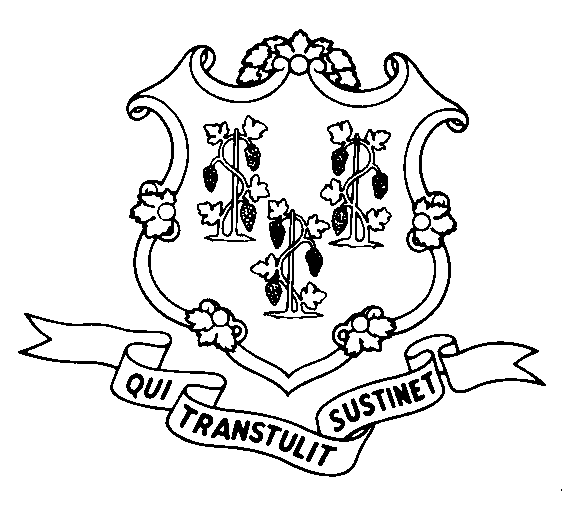 STATE OF CONNECTICUT DEPARTMENT OF SOCIAL SERVICES PROGRAM INFORMATIONAL
STATE OF CONNECTICUT DEPARTMENT OF SOCIAL SERVICES PROGRAM INFORMATIONAL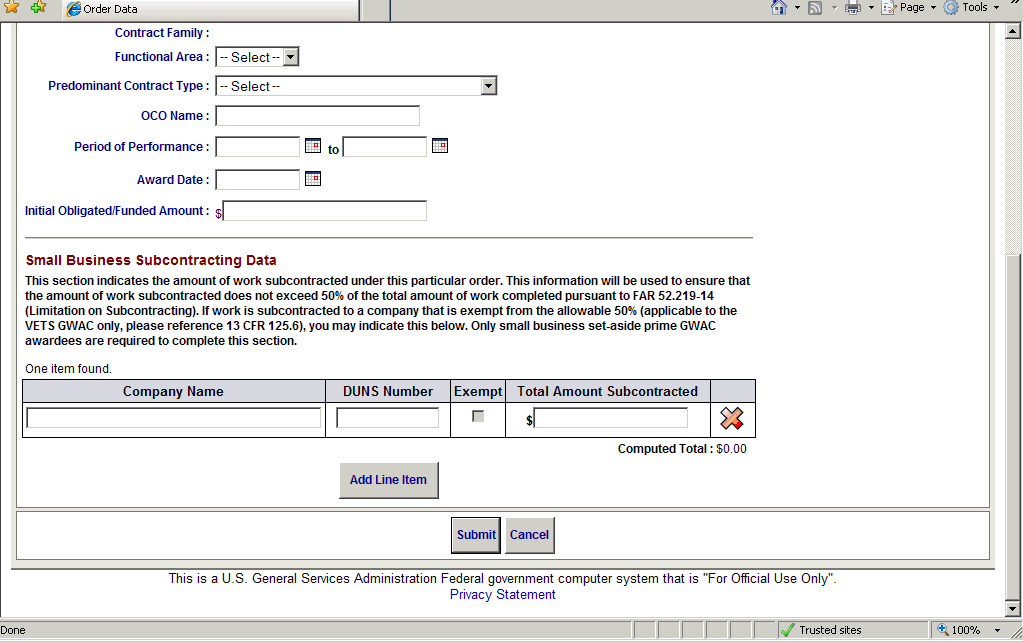 VETS GWAC SUBCONTRACTING REPORT INFORMATION ALL INDUSTRY PARTNERS ARE
VETS GWAC SUBCONTRACTING REPORT INFORMATION ALL INDUSTRY PARTNERS ARE CASO DE LA ASOCIACIÓN CIVIL UNA ASOCIACIÓN CIVIL DANDO
CASO DE LA ASOCIACIÓN CIVIL UNA ASOCIACIÓN CIVIL DANDO